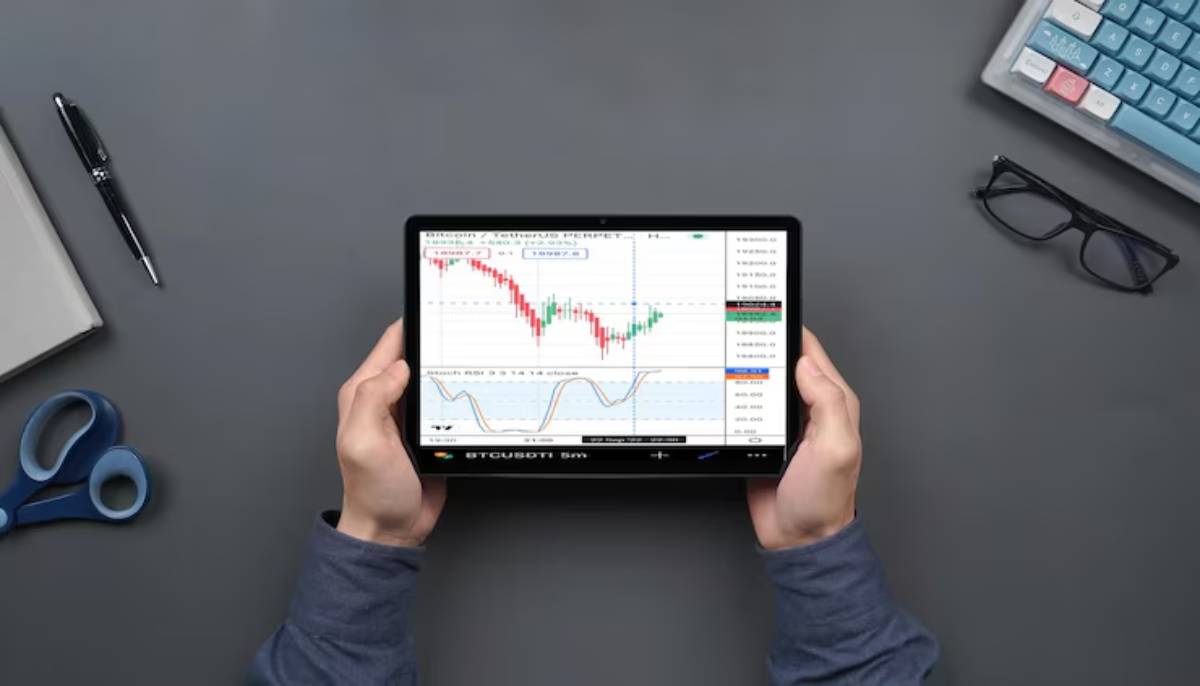
Liquidity Comparison: Index Funds vs. ETFs
Imagine you need quick access to your cash. Maybe there’s a life opportunity you can’t miss, or an emergency you didn’t expect. If your investments are tied up, waiting for a lengthy process to sell, you could miss out — or stress out.
That’s where investment liquidity comes in. Liquidity measures how easily and quickly you can turn investments into cash without losing much value.
When it comes to index funds and ETFs, liquidity plays a bigger role than many investors realise. Both offer unique advantages — but which suits your needs best?
In this guide, we’ll unpack the practical differences in fund accessibility and trading flexibility between index funds and ETFs, so you can invest smarter and stay nimble when it matters most.
Understanding Liquidity in Investing
What is Investment Liquidity?
Liquidity refers to how quickly and easily an asset can be converted into cash without affecting its price.
Highly liquid assets:
- Cash
- Stocks of large companies (like Apple or HSBC)
Less liquid assets:
- Real estate
- Private equity
Quick Analogy: Think of liquidity like water in a bottle. The easier it is to pour out, the more “liquid” it is.
How Index Funds and ETFs Differ in Liquidity
Although both are popular passive investing tools, they differ greatly in how and when you can access your money.
Liquidity of Index Funds

- Trading Window: Bought and sold at the end of the trading day.
- Price Setting: You receive the fund’s net asset value (NAV) calculated after markets close.
- Flexibility: No intraday trading.
In Practice: If you place a sell order at noon, your transaction is completed at the end-of-day NAV. There’s no advantage (or disadvantage) to trying to “time” the market during the day.
Liquidity of ETFs
- Trading Window: Bought and sold throughout the trading day, like individual shares.
- Price Setting: Prices fluctuate during the day based on supply and demand.
- Flexibility: High. You can buy or sell in real-time at prevailing market prices.
In Practice: If the market dips at 11 a.m., you can snap up ETFs instantly at a lower price — or sell them if you sense a brewing downturn.
When Liquidity Really Matters
1. Volatile Markets
When markets are swinging wildly:
- ETFs: Allow real-time selling if you need to protect gains or limit losses.
- Index Funds: You’re locked into the closing price, good or bad.
2. Urgent Cash Needs
If life throws you a curveball (medical expense, job loss, opportunity):
- ETFs provide quicker, more flexible access to funds during market hours.
3. Tactical Moves
For investors who like occasional tactical shifts (e.g., moving more to bonds when equities look overheated):
- ETFs provide better real-time control.
Pros and Cons: Liquidity in Index Funds vs. ETFs
Pros of Index Fund Liquidity
- Simplicity: No stress about market timing during the day.
- Consistency: You always get NAV, ensuring fair pricing.
- Best for: Long-term, “buy-and-hold” investors.
Cons of Index Fund Liquidity
- Lack of Flexibility: No ability to react to intraday market moves.
- Potential Delays: Might feel slow if you need cash fast.
Pros of ETF Liquidity
- Real-Time Trading: Buy or sell whenever you choose.
- Price Visibility: Transparent pricing throughout the day.
- Best for: Investors who want flexibility and immediate control.
Cons of ETF Liquidity
- Emotional Trading Risk: Temptation to trade reactively during volatile markets.
- Potential Premiums/Discounts: ETF prices can sometimes stray from NAV, especially in turbulent times.
How to Choose Based on Liquidity Needs
Choose Index Funds if:

- You prefer simplicity and minimal trading.
- You’re investing for the long haul and don’t need quick access.
- You want consistent pricing based on NAV without worrying about market swings.
Choose ETFs if:
- You value real-time access to your investments.
- You want the flexibility to act on opportunities or risks intraday.
- You’re comfortable with the stock market’s minute-to-minute ups and downs.
Real-World Scenarios
Sarah: The Long-Term Investor
- Age: 32
- Goal: Retirement in 30 years
- Strategy: Monthly contributions to a global index fund.
Why Index Funds Suit Her:
- She doesn’t care about daily market noise.
- Liquidity needs are decades away.
James: The Flexible Investor
- Age: 45
- Goal: Saving for a second home within 5 years.
- Strategy: A mix of ETFs covering global equities and bonds.
Why ETFs Suit Him:
- He can move funds quickly if market conditions change.
- He values the ability to lock in gains or limit losses in real-time.
Practical Tips for Managing Liquidity
1. Always Hold Some Cash
Regardless of liquidity, maintain an emergency fund outside your investments for true instant access.
2. Know Your Time Horizon
Match your liquidity needs to your investment strategy:
- Short-term goals? Lean more on flexible ETFs.
- Long-term goals? Index funds offer simplicity.
3. Avoid Overtrading ETFs
Flexibility can be a double-edged sword. Set rules to prevent emotional or impulsive trades.
Common Mistakes to Avoid
- Confusing liquidity with stability: Just because you can sell quickly doesn’t mean the price will be stable.
- Chasing intraday price swings: Remember your bigger goals.
- Neglecting settlement times: Even ETFs take 1–2 days to fully settle into cash.
Pick the Right Liquidity for Your Life
Liquidity is like an insurance policy for your investments. You might not need it often, but when you do, it matters a lot.
Index funds offer simplicity and stability for long-term investors who value peace of mind. ETFs provide flexibility and control for those who need quick access or want to act fast when opportunities arise.
Neither is “better” universally — the right choice depends entirely on your lifestyle, goals, and risk comfort.
Ready to align your investments with your liquidity needs? Review your portfolio today, decide what level of access you really want, and build a strategy that keeps you confident no matter what life throws your way!
Found this guide helpful? Leave a comment with your liquidity preference, share it with your investing community, or subscribe for more clear, practical financial insights!